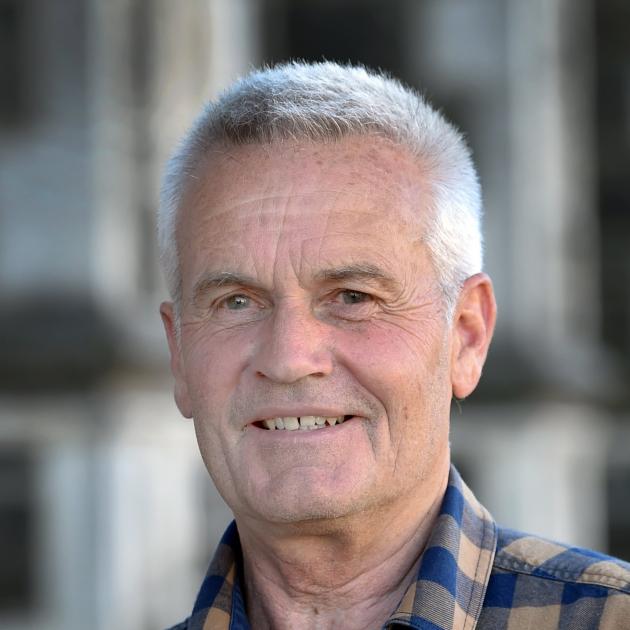
He particularly highlighted advice that had circulated in some quarters, that people should vote just for their first preference for mayor and dispense with any backup plan.
Such advice made no sense, Mr Simms said.
"In the mayoral race, your vote will only move to your second preference if your preferred candidate drops out of the race," he said in a Facebook post.
"Your second-preference vote does not dilute your first-preference vote — it provides you with a safety net that, in the event your preferred candidate drops out, your vote will still support someone you can live with."
Dunedin Area Citizens Association chairman Lyndon Weggery was one person who suggested during the campaign residents should rank just their top preference for mayor.
Some supporters of Cr Lee Vandervis had a similar mindset, Mr Simms observed.
The advice from the association and supporters of Cr Vandervis was "certainly counterproductive and it is ironic that they are now the ones most vocal in calling for system change".
STV, or single-transferable vote, involves voters ranking candidates in order of preference.
The most typical advice is voters should rank as few or as many candidates as they like — stopping when they get to candidates they would rather not help.
"I still favour the STV system, but there is ample evidence that many voters do not understand the system," Mr Simms said.
Mayor-elect Sophie Barker said people had tried to present good advice.
"All during the campaign we were just saying to people, ‘just vote for who you want — if you just want one person to be mayor, just vote for one. But if you want a backup plan, vote for another’."
Ms Barker expected some people might have laboured under the misapprehension they needed to rank all 16 candidates in the mayoralty field.
"I’m like, ‘if you don’t want them in, don’t give them a vote’," she said.
Cr Lee Vandervis, who finished third in the mayoralty contest, in a blog after the election said he had initially supported STV, as promoted by University of Otago political studies professor Janine Hayward.
He changed his view after seeing it function, he said.
Cr Vandervis said the system had been modified and this version "boosts minority candidates and punishes candidates with strong views and supporters who tend not to cast second preferences".
"When faced with a modified STV computer program that has significant complications and has many people arguing for and against, faith in our electoral system declines, along with voter participation."












